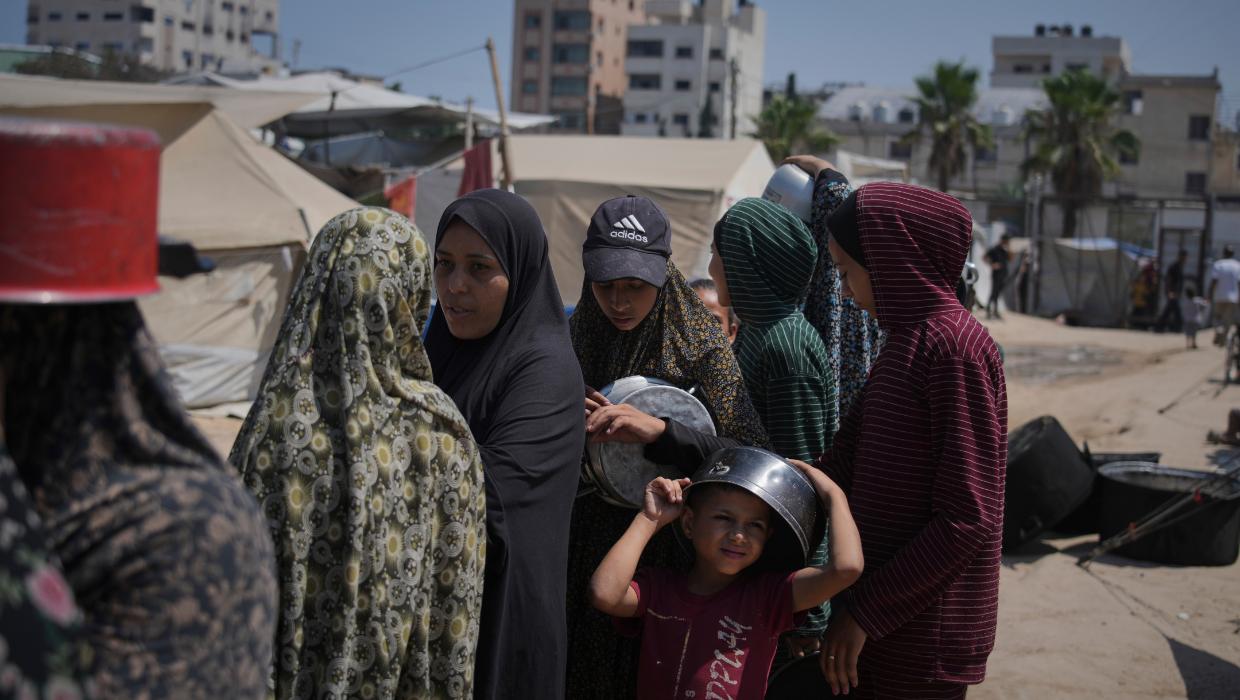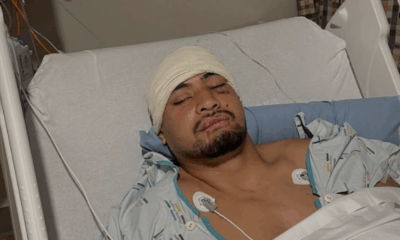Politics
New Zealand Experts Debate Response to Escalating Gaza Crisis

The crisis in Gaza has escalated significantly, prompting urgent discussions among foreign policy experts in New Zealand about the nation’s response. With the situation deteriorating, these experts express differing views on what actions the New Zealand government should take.
A rapid increase in violence and humanitarian needs has drawn international attention, with reports indicating that thousands of civilians are affected. The United Nations has highlighted the dire conditions, calling for immediate relief efforts to address the urgent needs of those trapped in conflict zones. As of October 2023, the situation remains critical, with ongoing airstrikes and ground operations reported.
Expert Opinions on New Zealand’s Role
Among the voices in this debate, some experts advocate for a strong diplomatic stance. They argue that New Zealand should leverage its international relationships, particularly within the United Nations, to push for a ceasefire and negotiations. These experts emphasize the importance of New Zealand’s values in foreign policy, advocating for humanitarian aid and conflict resolution efforts as priorities.
Conversely, other analysts stress that New Zealand should adopt a more cautious approach. They warn against getting too deeply involved in a complex geopolitical situation that has historically eluded resolution. Instead, they suggest that the government focus on providing humanitarian assistance while refraining from taking sides in the conflict. This approach aims to maintain New Zealand’s reputation as a neutral party in international disputes.
The contrasting views reflect a broader discussion about how countries like New Zealand navigate foreign policy in times of crisis. The government faces pressure to respond adequately to the humanitarian needs while balancing its diplomatic relationships and national interests.
Calls for Action and Humanitarian Support
In light of the escalating crisis, various humanitarian organizations have called for increased support to aid those affected in Gaza. Reports indicate that access to basic necessities such as food, water, and medical care is severely restricted. New Zealand’s potential contributions could include financial assistance and the provision of essential supplies.
The debate among experts is likely to influence the government’s upcoming discussions regarding foreign aid allocations. As the situation evolves, the international community will be watching closely to see how New Zealand positions itself in response to this humanitarian crisis.
The urgency of the situation cannot be overstated. With many lives at stake, New Zealand’s decisions in the coming weeks will be pivotal in shaping not only its foreign policy but also its humanitarian commitments on the global stage.
-

 World2 weeks ago
World2 weeks agoPrivate Funeral Held for Dean Field and His Three Children
-

 Top Stories3 weeks ago
Top Stories3 weeks agoFuneral Planned for Field Siblings After Tragic House Fire
-

 Sports3 months ago
Sports3 months agoNetball New Zealand Stands Down Dame Noeline Taurua for Series
-

 Entertainment3 months ago
Entertainment3 months agoTributes Pour In for Lachlan Rofe, Reality Star, Dead at 47
-

 Entertainment2 months ago
Entertainment2 months agoNew ‘Maverick’ Chaser Joins Beat the Chasers Season Finale
-

 Sports3 months ago
Sports3 months agoSilver Ferns Legend Laura Langman Criticizes Team’s Attitude
-

 Sports1 month ago
Sports1 month agoEli Katoa Rushed to Hospital After Sideline Incident During Match
-

 World4 weeks ago
World4 weeks agoInvestigation Underway in Tragic Sanson House Fire Involving Family
-

 Politics2 months ago
Politics2 months agoNetball NZ Calls for Respect Amid Dame Taurua’s Standoff
-

 Top Stories3 weeks ago
Top Stories3 weeks agoShock and Grief Follow Tragic Family Deaths in New Zealand
-

 Sports2 weeks ago
Sports2 weeks agoEli Katoa Shares Positive Recovery Update After Brain Surgery
-

 Entertainment4 months ago
Entertainment4 months agoKhloe Kardashian Embraces Innovative Stem Cell Therapy in Mexico



















